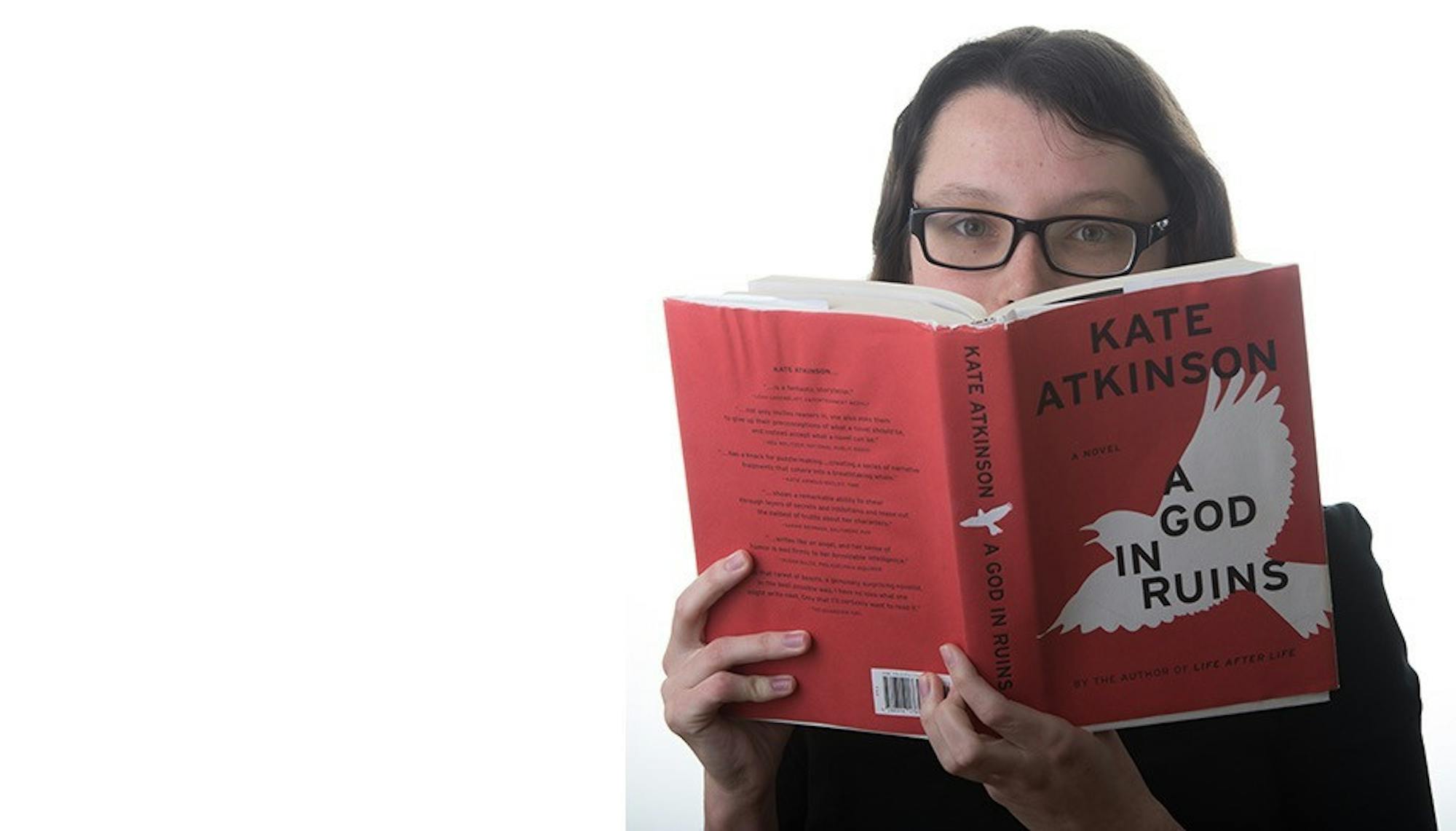Making a reader cry is often surprisingly easy. Combine a pair of star-crossed lovers, make sure that at least one of them has an incurable and fatal disease, add in a few poignant speeches that people can put on posters and tattoos, stack misfortune on top of misfortune and watch the tears flow (and I say this as someone who genuinely enjoyed 2012's “The Fault in Our Stars.") However, making a reader laugh is a much more difficult task. Everyone has a slightly different sense of humor and what makes one person laugh out loud, attracting undue attention on public transportation, can make someone else roll their eyes and quickly turn the page. Humor is also often a visual medium, one that can fall flat when consigned to the printed page. And yet, the works of P.G. Wodehouse are some of the most consistently funny that I've ever read.
Admittedly, Wodehouse, the writer best known for creating the hapless Bertie Wooster and his remarkably capable gentleman's gentleman Jeeves, has a sense of humor that tends towards the distinctly English. Aristocrats generally make fools of themselves, and when they're not dreaming of being left in peace to pursue some kind of eccentric hobby, all sorts of shenanigans ensue at elaborate house parties in the countryside, clever people find out they're not quite as clever as they thought they were and all variety of preposterous plot twists are, inevitably, neatly resolved. Perhaps reading Wodehouse won't help you to discover the meaning of life, but it'll keep you massively entertained.
The classic place to start, of course, is with the various Jeeves short stories and novels, often conveniently collected into various omnibuses. Jeeves and Wooster became Wodehouse's signature characters for a reason, and it's hard to go wrong with anything featuring them. Moreover, the Jeeves stories and novels can be read in almost any order, so there's no need to carefully request volume after volume from the library or order specific titles from your local bookstore. Pick up one of the Jeeves and Wooster books (wherever they can be found), read, be entertained and repeat. However, if you're looking for a stand-alone novel, “A Damsel in Distress” (1919) and “Summer Moonshine” (1937) are also quite delightful. “A Damsel in Distress” features the smitten composer George Bevan, the headstrong heiress Maud Marsh who he promptly falls for when she hops into his cab, and a earl who'd prefer that his sister stop pressing him to marry off his daughter and leave him alone to garden in peace. Other players include an entire theatrical troupe that arrives at a country house for a week and naturally bring disorder in their wake. It's a charming, frothy confection that'll keep the reader happily absorbed for at least a day. “Summer Moonshine” is written in a similar mold. Sir Buckstone Abbot is forced by financial necessity to take paying lodgers into his hideous ancestral home and so, when it appears that a wealthy, if bad-tempered, princess might buy it, he's overjoyed. Misunderstandings and hijinks naturally ensue. Either way, it's practically impossible to steer wrong with Wodehouse and his elegant, clever and humorous stories.
The ABC's of Literature: P.G. Wodehouse






